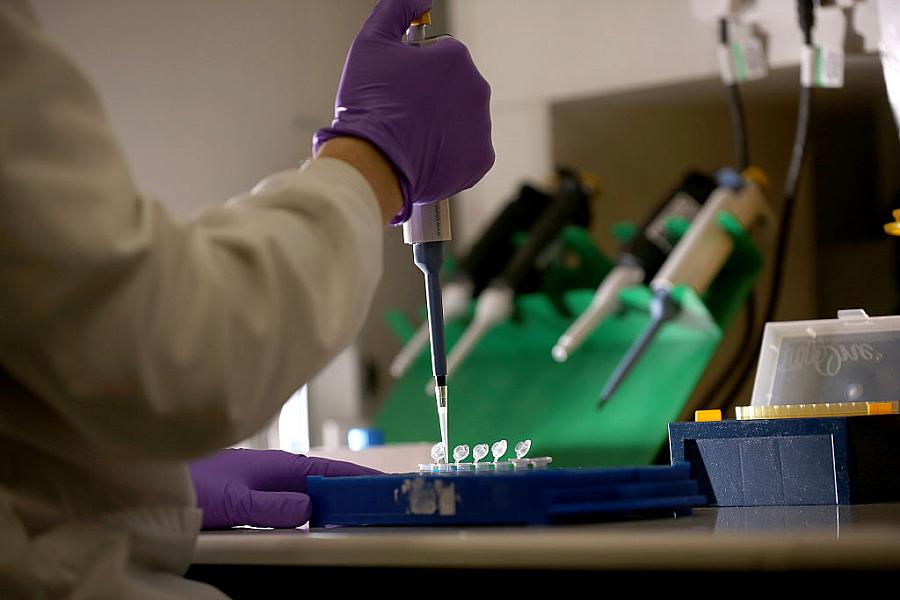For doctors, shifts in medical science pose chronic dilemmas in patient care

There’s a dragon looking at me.
No, I haven’t paused the “Game of Thrones” season finale. I’m looking at a medical journal.
Hold on, it gets better. It’s a pharmaceutical company ad for a proton pump inhibitor (PPI), and it features a malevolent-looking, scaly beast chilling inside a drawing of a human stomach.
But the dragon has gold tape over his or her snout, paws, and hind legs. The gold matches the gold on the box of pills they are selling. Tagline? “Tame the Acid Beast.”
This certainly won points for effort, as pharmaceutical ads in journals usually feature a stultifying combination of a white guy fishing and paragraphs of tiny text with all the side effects the medication can cause.
But then, I turned the page of the journal Consultant to the very first article: “Long-Term Proton-Pump Inhibitor Use May Cause Vascular Damage.”
Welcome to the essence of being a doctor. The science says one thing, the pharmaceutical company says the science says another. You check the science and it was actually done on cells in a petri dish and not humans, and the patient wants to know how you’re going to help because he has acid reflux every night and he’s got to go because his parking meter is expiring.
What do we do about these dilemmas? Luckily, for PPIs, it’s becoming ever more apparent that there’s more than one reason to avoid them. A possible increased risk of dementia, for example, has slowed the knee-jerk reflex to prescribe them for just a little heartburn. What’s trickier is whether we actually want to tame the acid beast at all. PPIs work really well to stop acid formation (protons). But stomach acid is present for a reason — to digest food. Long-term use of PPIs can actually predispose users to cancer and a chronic state of too-little acid in the stomach. Some patients and doctors are switching to a new model of thinking. In this paradigm, patients supplement their stomach acid instead of quelling it — no PPIs needed. Other doctors are recommending H2 blockers — these are also acid stoppers, but without the frightening headlines. Time will tell whether we doctors were making the problem worse all along—for a while, every hospitalized patient was on a daily dose of the proton pump inhibitor Prilosec to “prevent stress ulcers.”
Figuring out who the real villain actually is in disease can be a tricky task. It’s not always obvious, despite pharmaceutical company efforts to draw a vermeil dragon that looks suspiciously like Smaug from “The Hobbit.” Doctors had to look for the dragon when HIV appeared in the 1980s, and it’s anyone’s guess who the villain is in mysterious and ill-named chronic fatigue syndrome. The future may be devoid of brain-altering antidepressants and full of engineered probiotics to treat depression from the gut.
There’s an entire book written about “medical reversals,” so common is it for a major research study to refute the conventional thinking in medicine. I remember where I was when I learned about the Women’s Health Initiative study that linked hormone therapy for menopause to heart attacks and strokes (reading my JAMA, slack-jawed, on the elliptical trainer). Yet even that “This changes everything!” moment is being challenged by researchers who contend that estrogen replacement earlier in life can have medical benefits without the death tolls. Just recently, the American College of Physicians essentially said “Just kidding” on the topic of fasting before a cholesterol test.
Open-mindedness, evidence-based medicine, and constant learning and updating of knowledge are our best defenses against being complacent and sticking with the status quo without questioning our previous science.

